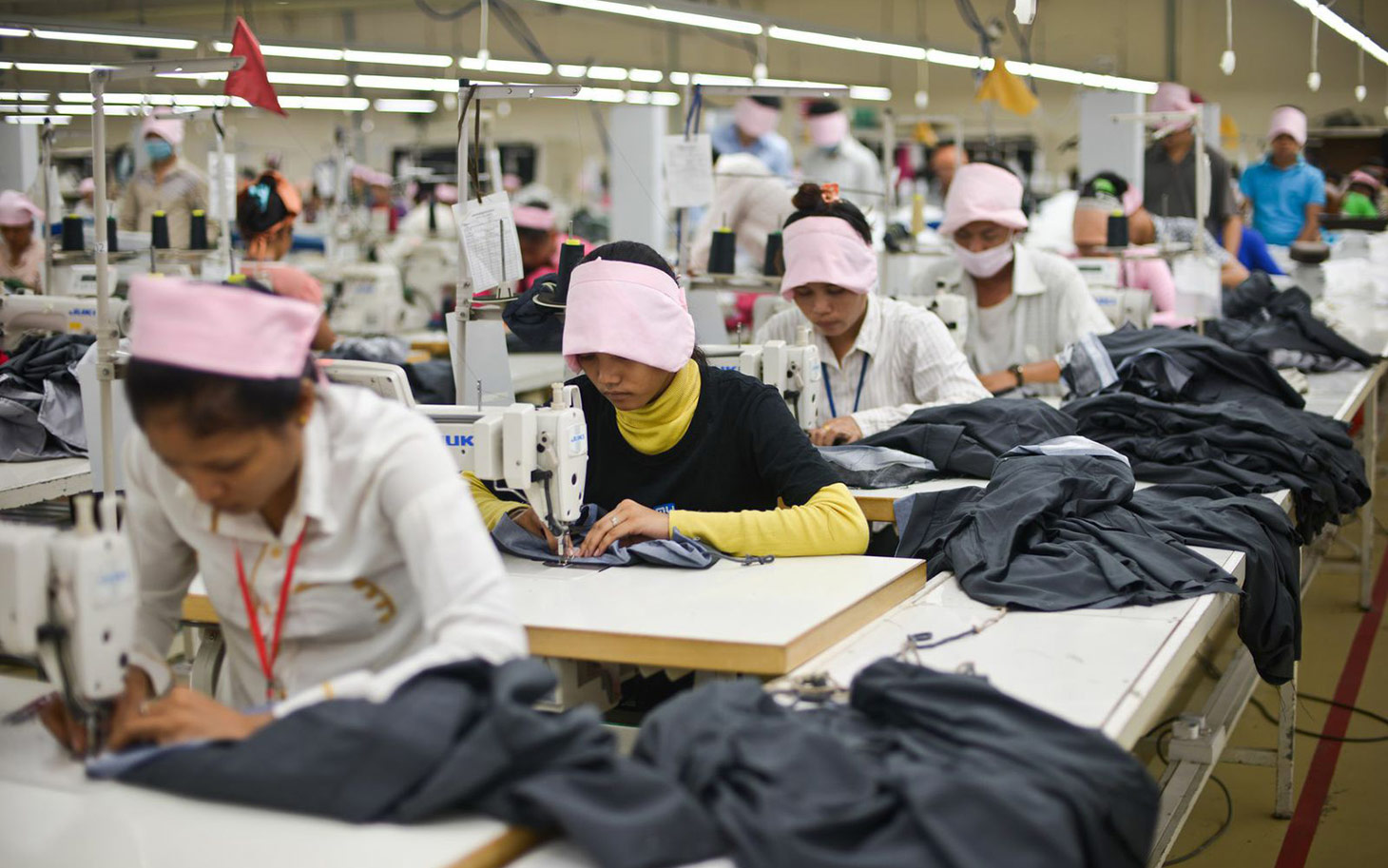Low-skilled jobs under threat from automation in south-east Asia

A report by Verisk Maplecroft finds that millions of jobs in south-east Asia will be cut because of robots. The supply-chain analyst firm believes that such a surge in unemployment is likely to result in increased trafficking and slavery.
The annual Human Rights Outlook report puts automation at the top of a list of five issues identified as significant challenges to organizations worldwide. Indeed, an ILO paper published earlier this year predicted that 56% of manufacturing jobs are at risk to automation in the next 20 years in Thailand, Cambodia, Indonesia, the Philippines, and Vietnam, known as the ASEAN-5.
Although countries outside of these five will also feel the effect of automation on their manufacturing industries, a relatively large proportion of the workforce in ASEAN-5 countries depend on low-skilled jobs and also suffer high levels of exploitation and labor rights violations.
Dr Alexandra Channer, analyst at Verisk Maplecroft, commented: “Displaced workers without the skills to adapt or the cushion of social security will have to compete for a diminishing supply of low-paid, low-skilled work in what will likely be an increasingly exploitative environment.”
IZA author Michael Gibbs, writes about how new technology is changing job design and recommends that “policymakers should encourage technology that complements employees’ work, and should foster education and training that help workers adapt to change.”
Indeed, Dr Channer warns that “without concrete measures from governments to adapt and educate future generations to function alongside machines, it could be a race to the bottom for many workers.”
Read more articles on innovation and the future of work.